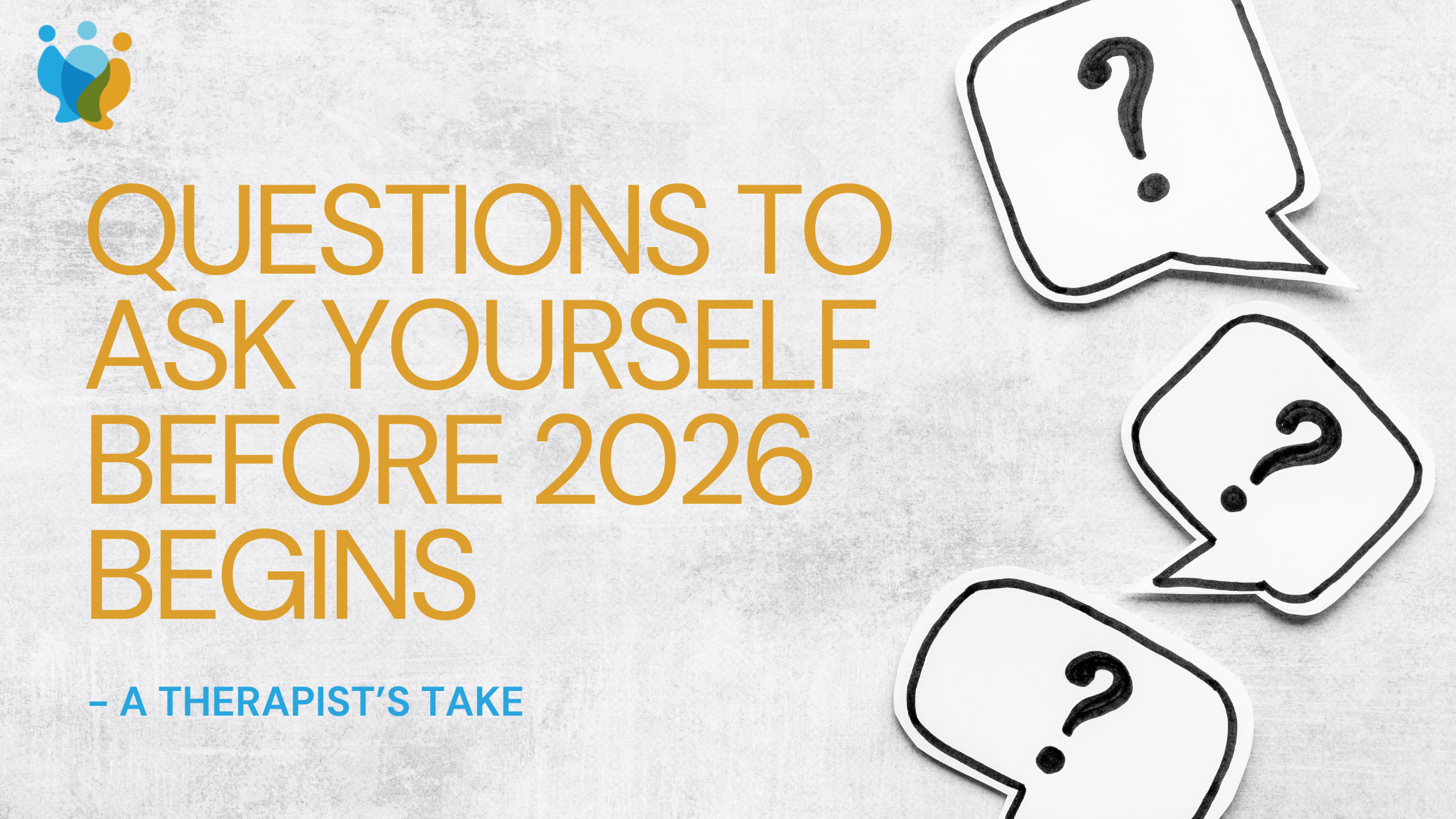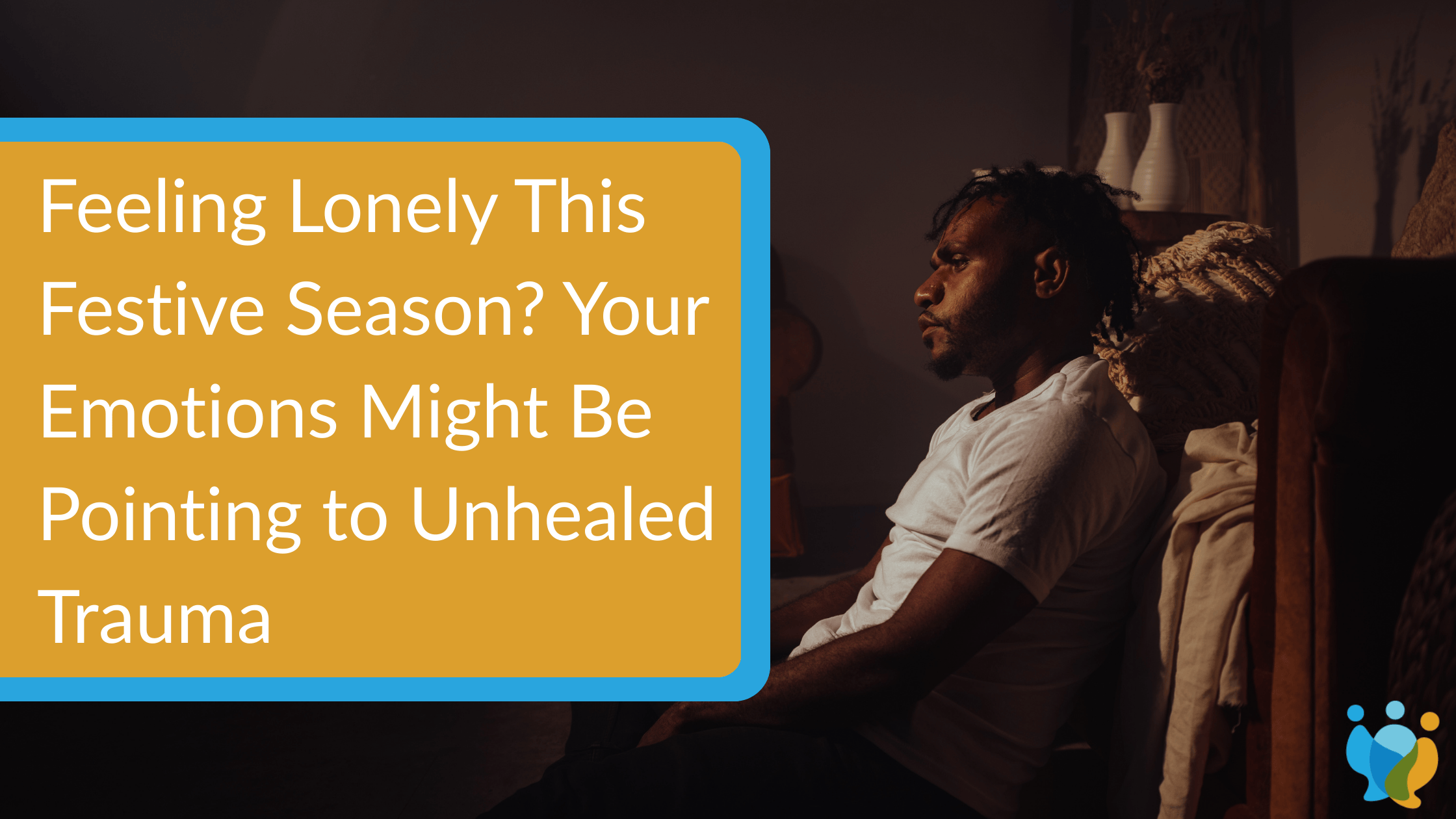Anger Management: How To Navigate Anger Episodes

Anger Management: How To Navigate Anger Episodes
“I’m so sick and tired of this repeated nonsense.”
“You’re pushing my buttons, and that’s it.”
“I can’t believe you actually did that, you ****.”
“You’ll suffer the consequences now.”
Have you found yourself using these phrases and afterward saying or doing things you later regretted? Or, have you lost close relationships or your job due to angry outbursts? If so, your anger is getting out of control.
Anger is a natural human emotion that people experience from time to time. However, anger becomes a major concern if it becomes too frequent, intense, and negatively affects your life.
Whether you express your anger due to relationship difficulties, workplace frustrations, personal inner conflicts, or road rage, unchecked anger damages your mental well-being and affects your overall quality of life. In the next section, we will explore how to manage your anger before it manages you.
Take Time Out
When you feel anger is rising, pause and remove yourself from the anger-causing situation. Stepping aside helps you regain control of the rising emotions and prevents you from reacting and doing something you may regret. When you take time out, go to a quiet space to cool down. You can accomplish this by:
- Taking deep calming breaths or using other relaxation techniques
- Reframing negative thoughts because anger causes you to overprocess the situation and why someone acted in a certain way.
- Praying to God and asking him to remove the angry feelings and to teach you to handle frustrations better.
Taking time out doesn’t imply avoidance or defeat. It shows a commitment to manage your anger constructively and take charge of your emotional well-being. You can later address the issue with a sober mind.
Keep an Anger Monitoring Journal
Monitoring when you become angry, how often you get angry, and what makes you angry can help you learn better ways to manage your anger. After an angry outburst, take a notebook you have set aside for this purpose and write about the situation. Include details such as:
- Where you were
- Who was involved
- What was said
- How you felt
- Inner body changes you experienced
- Your thought pattern during the episode
An anger journal boosts your self-awareness, and you can review it often to identify ways to handle the triggers and adopt improved ways of responding.
Learn to Express Your Frustrations Calmly
Anger stems from frustrations over perceived wrongs, unmet expectations, or underlying stress. When you sense your frustrations over issues mounting, learn to express them earlier instead of waiting until you are about to explode. You learn to express your anger calmly by:
- Setting some time to discuss the matter before an argument ensues.
- Using “I” statements when responding or sharing your frustrations instead of “you” statements (further justifies your anger).
- Try to see the other person’s perspective.
- Keep in mind you are dealing with human beings, and they will make mistakes.
Related: Emotional Intelligence: Why It Matters And How You Can Cultivate It
Limit Social Media Use
Ted was on his phone while at the office and saw a video of a police officer violently arresting someone. The comments that followed bashed the police force, and most of the people poured their outrage on the post.
Since it was 5 p.m., Ted left for home, and while in traffic, a police officer came to his window and asked him a simple question. Ted’s reaction shocked the police because he responded angrily, leading to a nasty exchange that led to Ted being fined.
The example above shows how social media has become a source of trigger and outrage for many people. The content promoted is filled with negative news, argumentative exchanges, and inflammatory posts. People subconsciously take these emotions to the real world and act in angry and destructive ways.
To help manage anger, limit engagement with trolls or toxic people online. In addition, learn to take some time off social media if you have anger issues. When you log in, look for positive and uplifting groups and people to follow.
Consider seeing a Counselor
For some people, anger issues can be deeply entrenched and difficult to manage without professional help. If your anger feels out of control, don’t hesitate to seek anger management counselling in Nairobi. A anger management therapist in Nairobi can help uncover the root causes of chronic anger, such as:
- Childhood trauma
- Mental health problems
- Unresolved inner conflicts
Counseling provides a safe space to express anger and gain support. An anger management counselor can teach coping strategies to manage anger in healthier ways. At Clarity Counseling and Training Centre, our experienced counselors provide anger management counselling in Nairobi and are ready to listen and guide you in learning anger management skills. We also have an emotional intelligence course that helps you learn about emotions and how to deal with them. Get in touch today and book your spot.









